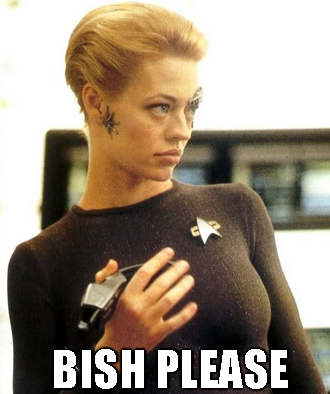We have no way of knowing that for certain since streaming services don't currently release any details about viewing habits...
It's likely though isn't it, lets face it.
I wouldn't be so quick to say that. There are plenty of things you can say are "likely" at this point, but ANY facts about viewing habits on streaming apps are totally unknown right now. It's a completely different animal. Do viewers tend to look for the more obscure shows on streaming, or shows that are more readily available? Do viewers watch more HD programming than SD? Do streaming viewers prefer serial television series and shows that are more binge-worthy, or episodics? And what are the differences in viewing habits between series that are more serial and those that are more episodic? With streaming, you also have the benefit of not worrying about commercials, time slot changes, and you have the convenience of watching when you want and as often as you want. So we can get a much better picture of which episodes/seasons are most popular - which seasons are skipped, where viewers stop watching, etc. Not sure how many details we'll get, but all of those would be interesting to learn. And whether or not there are any surprises among the Trek series when it comes to streaming is completely up in the air.
The advantage of doing away with tapes/discs/blus/etc is that when resolution increases you don't have to go out and re-buy everything to take advantage of the enhanced clarity.
I acknowledge my ignorance about all of this up front...and I'm sure this is different for each country and region, but will bandwidth for broadcast have the ability to handle 4K in the near future? And aside from any hard copy of the media, will you truly be able to see a difference between 4K and HD when you watch via cable or streaming? I know in the US (at least with my provider) the signal is compressed for HD, so you see more artifacts from compression and signal issues than you would with a clean feed. I'm assuming the same would be true for 4K, and I'm wondering if the compression that will need to be done will undo the enhanced clarity from the clean feed (vs HD)?


 So I try to buy all my movies and TV shows on blu ray if they are available in that format.
So I try to buy all my movies and TV shows on blu ray if they are available in that format.

